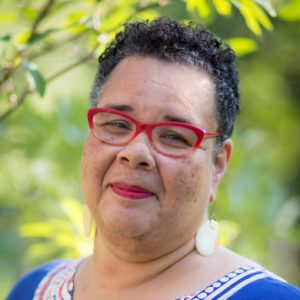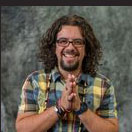Notes From The Field
Welcome to the Wabash Center's blog series:
Notes From The Field
Questions about how to effectively advance student learning abound in higher education. Students bring a host of opportunities and challenges that at times can seem daunting. This series of blogs explores a range of questions pertaining to teaching and learning in North American institutions of higher education. Engage our bloggers as they explore the terrain of pedagogy in North American colleges, universities, and theological schools.
Follow us on Twitter and Facebook to receive announcements of new postings.
Sign up for our eNewsletter to receive timely announcements of Wabash Center programs.
Select an item by clicking its checkbox
Click Here to Read Part 2 Spectacles create excitement. Experiencing the excitement of spectacle used to be reserved for such moments as the circus’s annual appearance, bringing elephants, lions and clowns. Or it happened on the rare occasion of a World’s Fair, which was considered one of the most ...
Justice is one of those ideas that has captured our imaginations for generation upon generation; yet it is still a contested notion. Collectively, systemic racism, sexism, classism, homophobia, white supremacy, and a judicial system that is lenient on “white collar/white male” crime, while vengeful upon the poor and minoritized ...
In the late 1980’s, the church I served had a large staff and a sanctuary worthy of rental for the filming of a professional TV Christmas special. On an otherwise humdrum day in March, word that Stevie Wonder was in the sanctuary spread like wild fire around the staff offices. ...
We are celebrating the 50th anniversary of Paulo Freire’s magnificent book Pedagogy of the Oppressed and the Wabash journal, Teaching Theology and Religion, has published a Forum to to celebrate the book and Freire’s legacy. Very few books in recent history have made their way around the world ...
“Toto, we’re not in Kansas anymore.” So many of our students have a “Dorothy” experience when they enter theological and religious education. Our classrooms are not what they have had previous experience of. Our classrooms are not the local church, not Bible college, not the family reunion, not church ...

